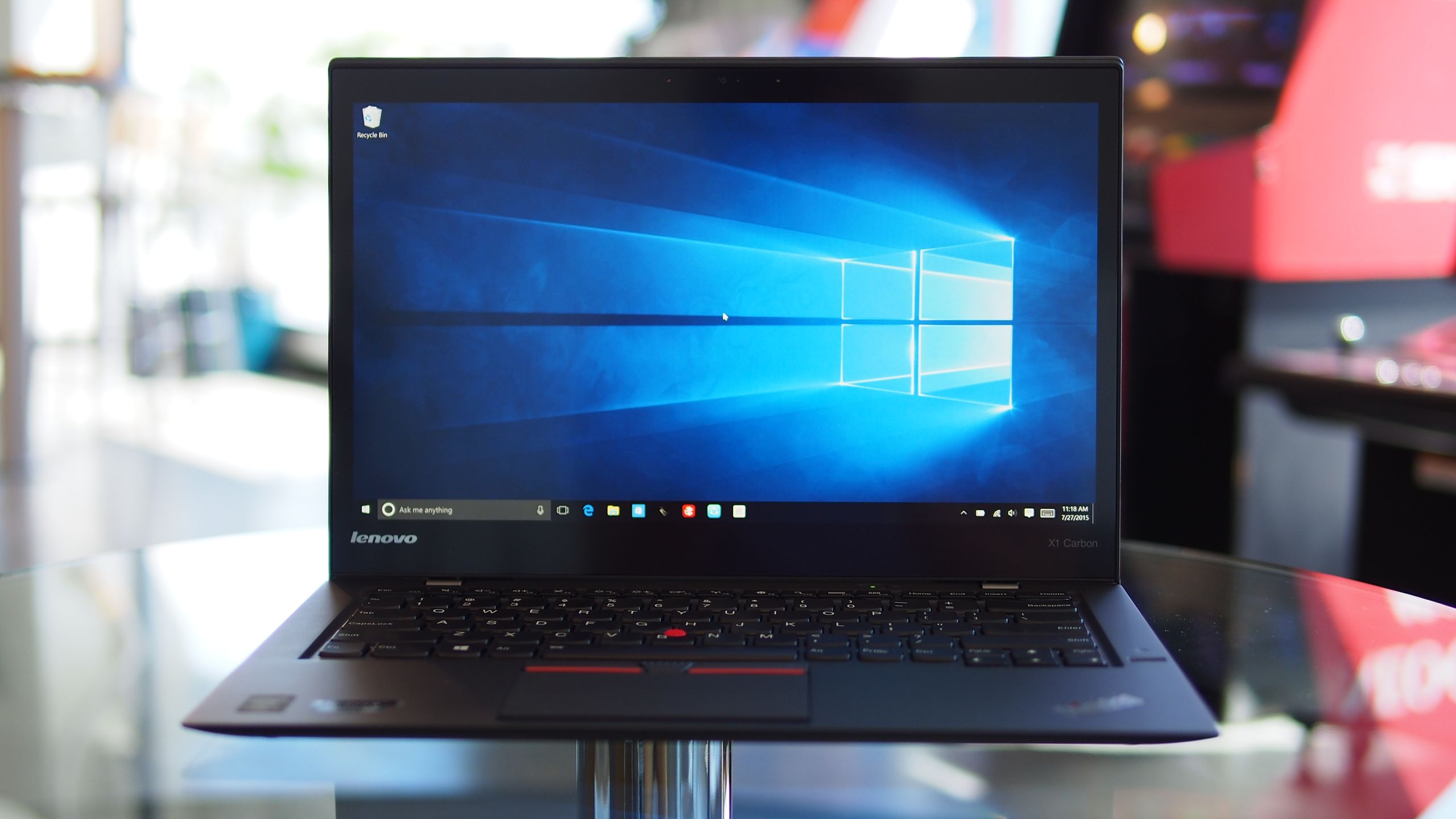Defra’s overall investment totaled £312 million during the current spending review cycle and was intended to remove outdated platforms, retiring Windows 7 hardware and supporting essential national services, including flood systems and border operations.
According to Defra’s submission to Parliament, the program eliminated more than 31,000 legacy laptops, addresses a large backlog of vulnerabilities, and even closed one data center, with several more set for decommissioning over the coming years.
Defra did not confirm whether it intends to pay Microsoft for extended support, leaving open the possibility that the department’s refreshed estate may soon fall behind again.



A government is not going to use fedora. It’s either RHEL or some local UK equivalent.
aus army used ubuntu for a while
Ubuntu has LTS
Without LTS, no supported release will ever see the light of production.
This is on a post about the UK government switching to an OS that is currently going EOL…
Sure but what chance has an OS with a 1 year release cycle?
And there are at least still security updates for a few more years for Windows 10.
Windows 7 had security updates until 2023, probably why they finally got in a hury to upgrade at the cost of breaking things.
Not a few, 1 year. They’re fully discontinuing support next October. Even Windows 11 22h2 is already out of support. They’re forcing everyone to upgrade. Wouldn’t be surprised if they start using their AI bug hunter to release 0 days for 10 and 22h2 so people are forced even harder to upgrade to the AI version.
Microsoft is already selling licenses for security updates until October 2028 and we will see whether won’t continue it beyond that.
Lol, that was a quick backtrack. What a way to hold people hostage for money
Wouldn’t surprise me if that’s the most money they ever make on desktop licenses.
A UK company apparently! I would have assumed it was American too.
Not with that attitude!
Supposedly the DPRK’s Red Star OS is based on (or inspired by) fedora, lol. Which I guess makes sense since fedora is sorta the “cutting edge” of Linux distros.
Ooh, you just pissed off all the Arch users right there.
Yeah, “official state Linux distros” are really fascinating to me.
Especially socialist state ones, but not just those. It’s kinda expected to see every dang AES state spinning up their own Fedora or Debian derivative for state use and then also just giving it out to their civilians and anyone else who wants to use it, and I like seeing how explicitly communist they are or aren’t (Most aren’t, which is probably a good thing in context, but part of me misses the Cold War era aesthetics of the Warsaw Pact and partially wishes the USSR were still around simply because the constant reminders of the past revolution and continued goal of building socialism that permeated the culture would absolutely have ended up in a USSR or Warsaw Pact “state Linux distro” and if that existed today it’d probably be my daily driver distro of choice).
What’s weirder is when neoliberal capitalist states yell about software sovereignty and choose to pay state employees to maintain a “state Linux distro” rather than pay for Windows and associated Microsoft support and enterprise services. Which tends to happen more when the US goes more politically off the rails and international trust in US based corpos falls, so… hey, silver lining of US fascism in the digital age, rest of the world starts ditching US products, including software and services, which is neat.
It is interesting that Red Star is based on Fedora, because a lot of “state Linux distros” are based on Debian. Of course the DPRK had to be Different and Quirky.